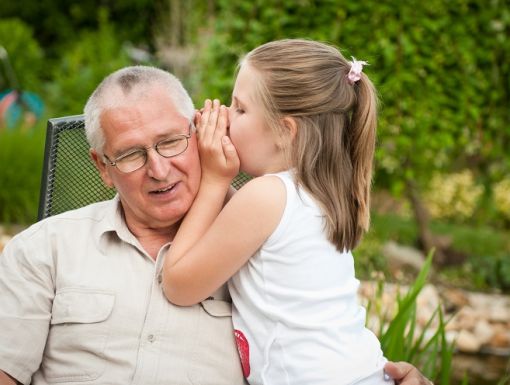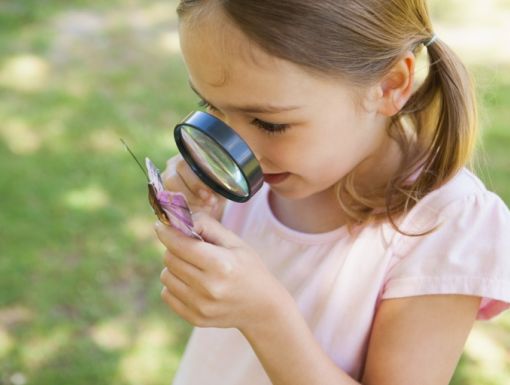
Headphone Safety Tips for Children
With the world becoming more digital, children have easier access to iPads, iPhones and other electronic devices at increasingly younger ages. While many of the games your children might play with on these devices are educational in nature, one thing you should always be aware of is the volume of these devices and the proper use of headphones.
No matter what age, the ear cannot endure loud music for long periods of time. But don’t fret! It is still safe for your kids to listen to the PAW Patrol with headphones so you don’t have to hear every episode - just make sure you follow these steps to protect their developing ears!
- Children should use over-ear headphones instead of the ear bud style. Less sound can escape from ear buds, possibly causing more damage.
- Test the volume yourself to ensure your little one’s ears can handle the sound and that they can’t turn it up too loud. TIP: If you are an arm’s length away, a child wearing headphones should still be able to hear when asked a question. The CDC recommends avoiding extended exposure to volume levels above 85dB. Modern devices when turned all the way up can produce sounds of 97 to 107 decibels.
- Limit their listening time with headphones to about an hour. This will allow the hair cells in the inner ear to rest. Nonstop listening could eventually damage them. Also, limit the volume to 60% of the maximum.
- Do research! There are lists of the best headphones for kids. With this issue increasing, companies are paying attention and creating children’s headphones with great features like volume limits. However, even with headphones that limit maximum sound, supervision is crucial.
Hearing damage from loud volume levels is a risk for anyone listening to headphones, but children are especially susceptible, as they’re less aware of the dangers and many times more willing to put up with too-loud audio rather than turning it down. As with any technology, it can be a learning process as to what works best for you and your children.
Protect their little ears so they can’t get away with replying “huh?” to one of your many questions as they grow up!



